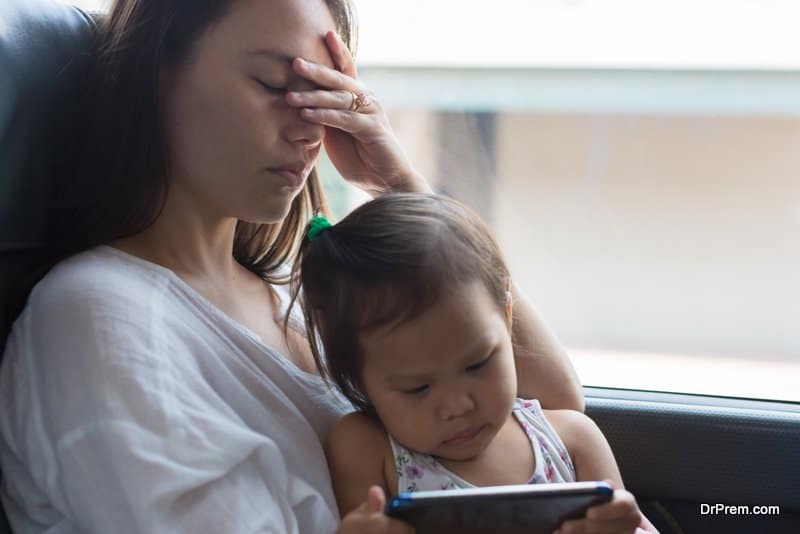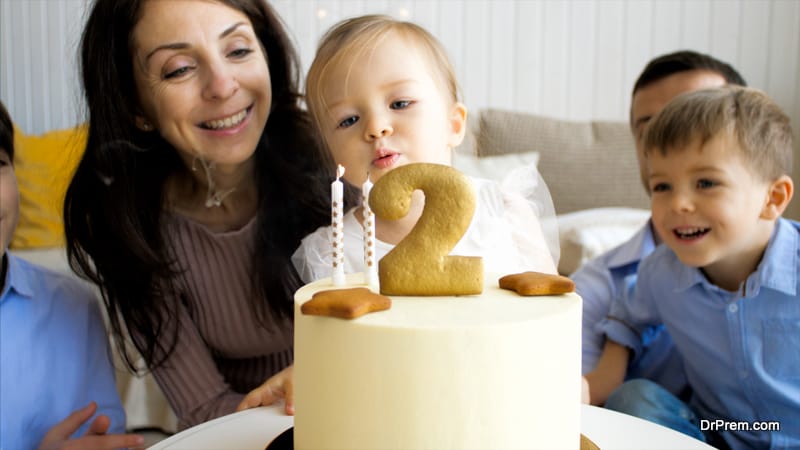Anxiety and/or depression in either parent—mom or dad can to a large extent hinder the positive, strong child-parent bonding or attachment which paves the way for the foundation of healthy child development, thereby eroding the protective aspects further. The presence of anxiety or depression in parents is characterized by lack of interest, engagement, energy and hopes for the upcoming future.
How parental depression damages parent-child interaction
Parental depression both maternal and paternal negatively affects parents care giving, nurturance and material support and is also associated with improper developmental outcomes and poor health for all children irrespective of the age group, including prenatally. Depression to a large extent damages parent-child interaction and disrupts rituals and family routines.
Children having depressed parents themselves are more likely in manifesting symptoms of depression.
The impact of the ongoing parental neglect
Parents suffering from major untreated depression are typically uninterested and pessimistic in social activities and life as a whole. Besides, they frequently possess irritability and low energy all of which together make the basic jobs of parenthood overwhelming.
The situation where parents are depressed and low, they are less responsive, unorganized and more likely in expressing negative emotions, while unlikely in engaging with their kids in comparison to the non-depressed parents.
This experience forces many children in learning to prematurely care for them and may also place them in a role of the parental caretaker that too inappropriately. As no children are alike, some are less capable, thereby develop dysfunctional patterns of both emotional disturbance and behaviour owing to ongoing parental neglect.
The combined feeling of responsibility and loneliness
Parental depression for a child indicates both a feeling of loneliness as well as sense of responsibility. These feelings include a yearning and striving for reciprocity with their parents along with a desire for things in returning to normality. Under such circumstances, a child takes up the responsibility for the depressed parent (mom/dad), siblings and themselves too when they begin to understand that their parents are not able to cope.
These children have higher risks compared to others when it comes to behavioural and academic problems and in the process develop depression themselves.
These risks are complicated stews of environmental circumstances and genetics. Such children are likely to display general health problems particularly marked psychological impairments. Infants and toddlers too show social, cognitive and behavioural impairments if either of their parent suffers from bouts of depression.
Often severe parental depression is likely to take a toll on children that is life threatening.
Summary:
In order to understand the effects of maternal depression on children, it is first important to review adult depression in general.




